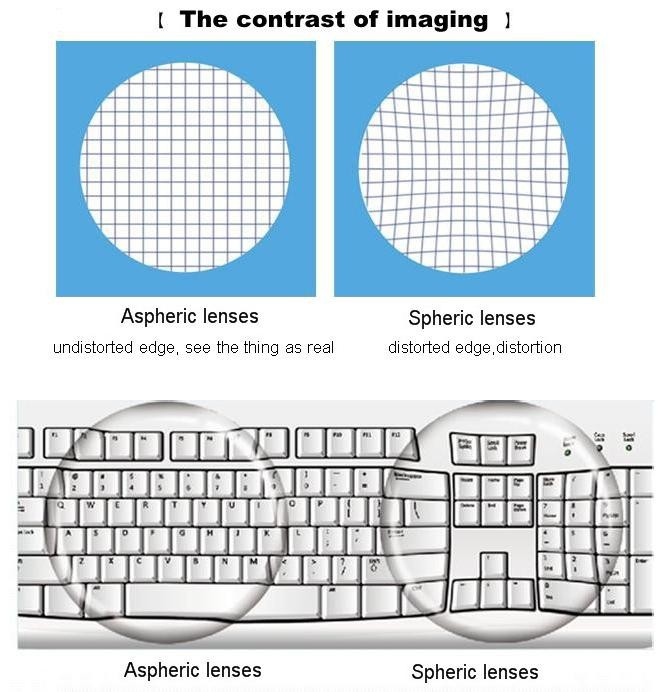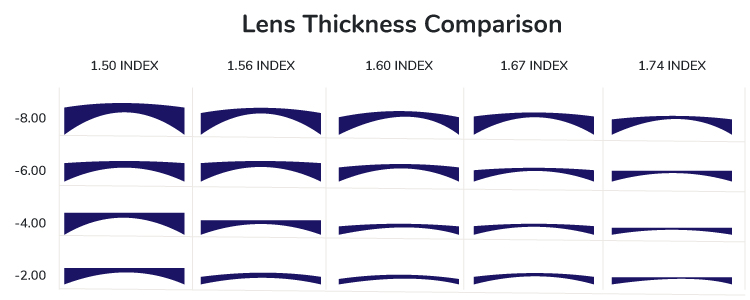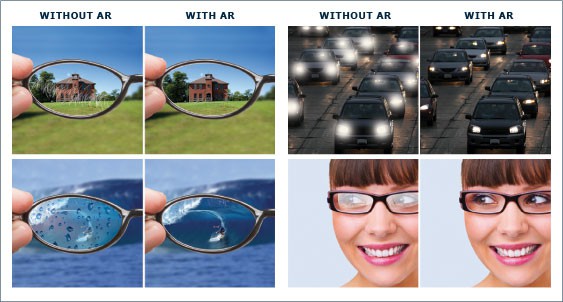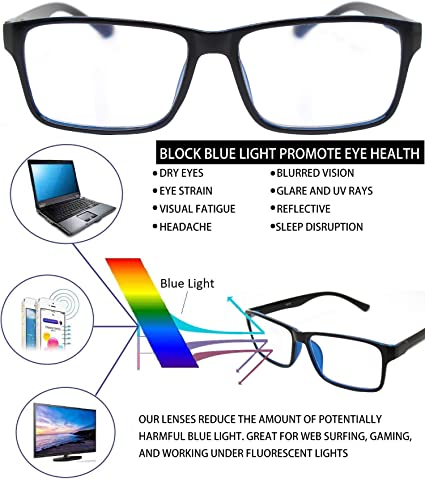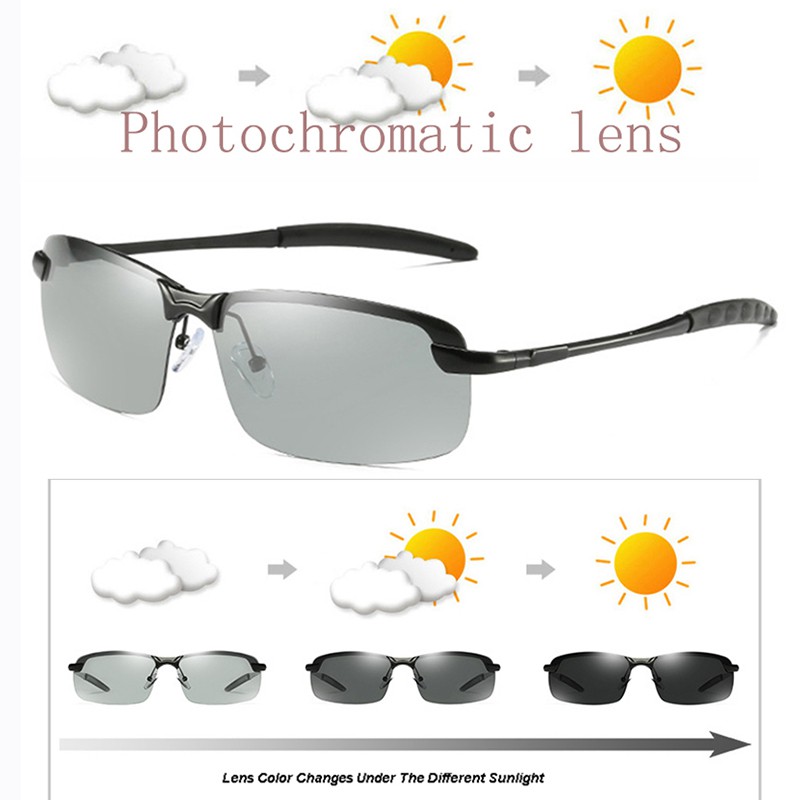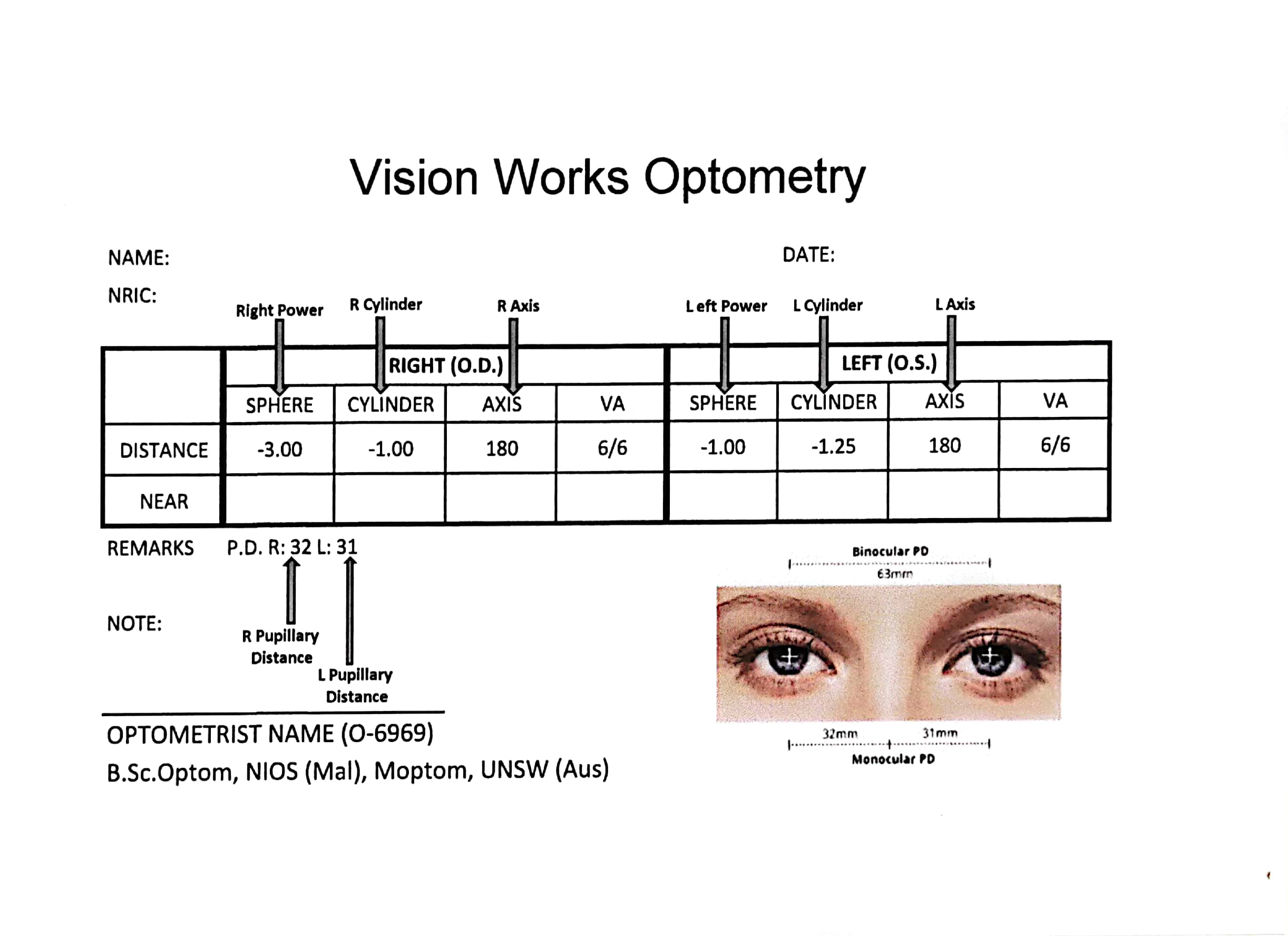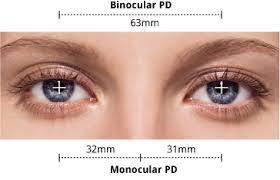Myopia Control
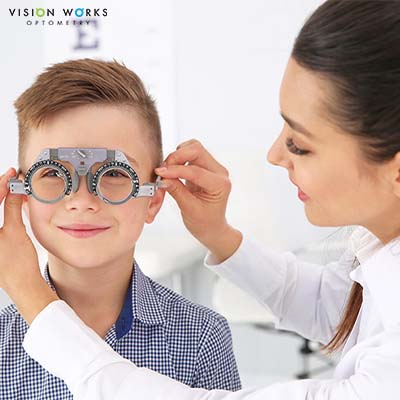
Myopia (or nearsightedness) is very common. One out of two people (50%) have it. With myopia, the eye is longer than normal from front to back, or the cornea (the clear window at the front of the eye) is too steeply curved. This makes things that are far away from you look blurry. Myopia is corrected with glasses, contact lenses or surgery in some cases. Having myopia can increase your chances of having some eye problems later, like cataract, glaucoma and retinal detachment.
The Myopia Epidemic – Is Your Child At Risk?
Does your child…
- Have difficulty in reading?
- Avoid doing homework?
- Difficulty in recognising letters or numbers?
- Squinting the eye or sitting closer to the TV?
- Not doing well in sports?
If your answer is yes, your child might have myopia.
Why Choose Vision Works for Myopia Control?
- More than 10 professional Optometrists consistently updating latest research and methodology for myopia control.
- We have a wide variety of collection of Children’s Eyewear starting from 3 months and above.
- We analyze the rate of increase of Myopia using Artificial Intelligence (AI) to predict the outcome, if left untreated.
- We have consistent follow up program with children to monitor their progression.
We are usually referred by Eye Specialists and other happy clients. - Our optometrists are experienced in handling young active children.
- We have a wide range of myopia control options to suit your child’s lifestyle, playtime and study time.
- Vision Works constantly invest and upgrade our practice with the latest myopia control diagnostic equipments you can find in eye hospitals.
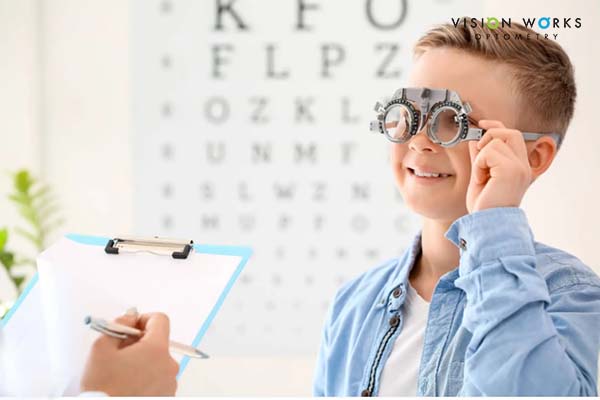
How is a comprehensive eye examination different from a vision screening?
Specialized equipment and procedures, which are not available as part of a vision screening program, are needed to adequately evaluate eyes and vision.
Only an optometrist or ophthalmologist can conduct a comprehensive eye and vision examination. These optometrist or doctors have the specialized training necessary to make a definitive diagnosis and prescribe treatment.
A comprehensive adult eye examination includes:
- Patient and family health history.
- Visual acuity measurement.
- Preliminary tests of visual function and eye health, including depth perception, color vision, peripheral (side) vision and the response of the pupils to light.
- Assessment of refractive status to determine the presence of nearsightedness, farsightedness or astigmatism.
- Evaluation of eye focusing, eye teaming and eye movement abilities.
- Eye health examination.
- Additional tests as needed.
Vision screening programs can’t substitute for regular professional vision care. Children or adults who pass a vision screening could still have an eye health or vision problem. Comprehensive eye examinations are the only effective way to confirm or rule out any eye disease or vision problem.
WHY CHOOSE US
EYE CARE SERVICES FOR CHILDREN AND ADULTS
%
Satisfied Patient
%
Experienced
Optometrists
WHY CHOOSE US
EYE CARE SERVICES
FOR CHILDREN AND ADULTS
%
Satisfied Patient
%

